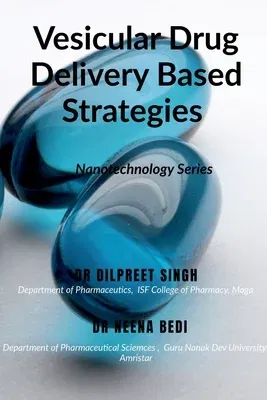Vesicular drug delivery system can be defined as highly ordered
assemblies consisting of one or more concentric bilayers formed as a
result of self-assembling of amphiphilic building blocks in presence of
water. Vesicular drug delivery systems are particularly important for
targeted delivery of drugs because of their ability to localize the
activity of drug at the site or organ of action thereby lowering its
concentration at the other sites in body. Vesicular drug delivery system
sustains drug action at a predetermined rate, relatively constant (zero
order kinetics), efficient drug level in the body, and simultaneously
minimizes the undesirable side effects. It can also localize drug action
in the diseased tissue or organ by targeted drug delivery using carriers
or chemical derivatization. Different types of pharmaceutical carriers
such as polymeric micelles, particulate systems, and macro- and
micromolecules are presented in the form of novel drug delivery system
for targeted delivery of drugs. Particulate type carrier also known as
colloidal carrier system, includes lipid particles, micro- and
nanoparticles, micro- and nanospheres, polymeric micelles and vesicular
systems like liposomes, sphingosomes, niosomes, transfersomes,
aquasomes, ufasomes, and so forth.


